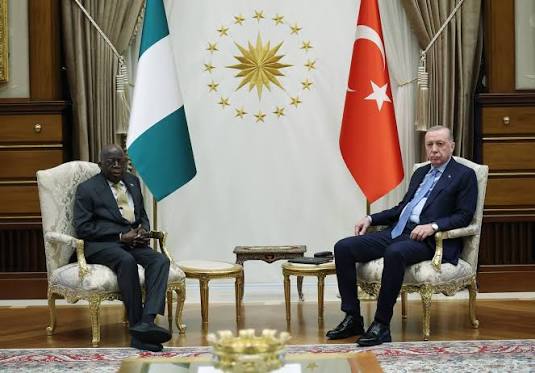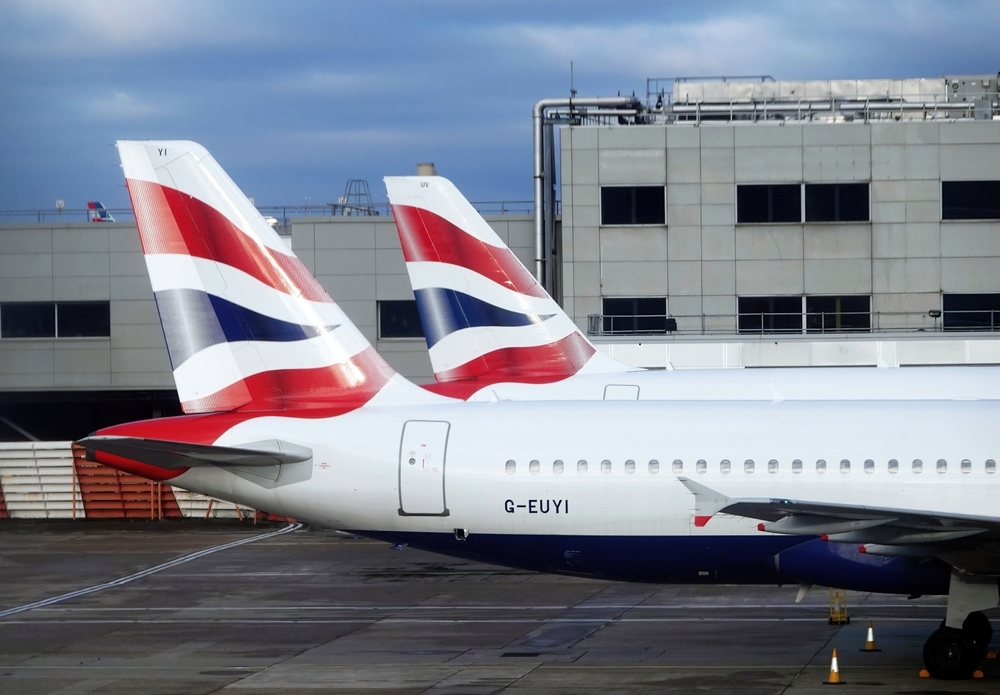Despite a combined refining capacity of 985,000 barrels per day, Nigeria’s three operational refineries—Port Harcourt, Warri, and Kaduna—supply less than 50% of the country’s daily petrol needs, according to the Nigerian Midstream and Downstream Petroleum Regulatory Authority.
The NMDPRA stated that the supply gap is being covered by importing refined petroleum products, revealing that Nigeria’s daily petrol consumption stands at 50 million liters.
This was disclosed by the NMDPRA Chief Executive, Farouk Ahmed, at a press conference on Wednesday in Abuja.
Ahmed stated that the authority, in line with the Petroleum Industry Act 2021, has been issuing import licenses, stressing that fuel shortages would have occurred without these imports.
Early last year, the 650,000 bpd Dangote Refinery began operations, bringing hope to many Nigerians.
Despite claims by refinery officials that production is at advanced levels and supplying local markets, Ahmed, represented by Executive Director, Ogbugo Ukoha, revealed that Nigeria still relies heavily on petrol imports, with over 50% sourced from foreign countries.
He said this is despite the national consumption of the product reducing from an average of 66 million litres per day to 50m/d following the removal of the petrol subsidy.
The executive director, however, pointed out that none of the refinery owners have imported petroleum products this year.
Ukoha said, “Let me speak a little bit about supply.
“All of us experienced a Yuletide free of petrol scarcity. And let me just reconfirm that from year to year, we saw an increase in the demand for PMS from 2021, 2022, up to 2023, just before the current administration came in. The daily PMS supply sufficiency was always in excess of 60 million per day.
“Averaging about 66 million a day for PMS. And following Mr President’s withdrawal of subsidy, the announcement of May 29, 2023, we immediately saw a steep decline in consumption. And between then and as we speak, we have continued to do plus or minus 50 million litres a day. Of these 50 million litres averaging for each day, less than 50 per cent of that is contributed by domestic refineries. And so the shortfall by the PIA is sourced by way of imports.”
Ukoha specifically stated that none of the domestic refineries have imported petroleum products this year.
This was confirmed by news reports indicating that PMS imported by the state-owned oil firm burns faster than that produced by the Dangote Refinery.
“Let me also say that none of the oil marketing companies, the companies that own refineries in the country for this year have imported any PMS. The other OMCs are the ones that are importing the shortfall. And if we do nothing to bridge that shortfall, we will have scarcity in our hands.
“And that’s something that the regulator is mindful of, to ensure that there is sufficient supply of petroleum products across the country. So just for clarity, what I am saying is that the contribution of local refineries towards sufficiency is less than 50 per cent. That is between January and February 2025, is less than 50 per cent of what we require daily. And that shortfall is sourced by way of imports.
“Even though none of the OMCs that own the local refineries have imported PMS this year, we are also minded that if we find ourselves in the situation that the PIA described where you have to resort to the supplier of last resort, we will go to them and require them to bridge the gap. Never mind the fact that every OMC has a right to apply to the authority,” he said.
The NMDPRA affirmed that all petroleum products imported into the country this year meet standard quality.
It emphasized that the agency ensures compliance with the specifications set by the Standards Organisation of Nigeria and the Petroleum Industry Act 2021.










